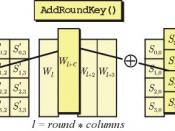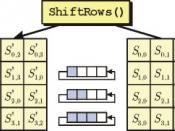The AES Company operated with informal, ad hoc style of management: there ware no staff functions or corporate departments and almost all traditional management functions were devolved to workers at plant level. Its rationale lied on decentralization, empowerment, team-based organization, incentive compensation, job security, and some controversial policies and practices. The company committed itself to integrity, fairness, fun, and social responsibility.
AES treats all their employees as responsible adults who are delegated to make decisions and taking risks for the company. This is based on their belief that the more authority figures there are in a given structure, the more likely it is that the employee will not make decisions for themselves. The company has tried to eliminate all groups of functional specialists, with only the accounting group existed, which is based at the corporate office and gathers financial information on the organization for reporting and auditing purposes.
AES organization chart shows a few layers of hierarchy.
It was not based on any conventional model. Teams are based on areas of responsibility, having total responsibility for their given area with no single responsible person, both in operation and maintenance. AES ensure that there is never more than one specialist in a team, believing that more than one would cause conflict and therefore damage efficiency. They state that the team itself should be made up wholly of well-rounded individuals who support multitasking. There is also support for employees revolving so that individuals are able to appreciate the problems faced by other teams, and to give employees a better understanding of the overall business. The company operates without any written policies or procedures. AES refers to its organizational structure as a honeycomb, with small, flexible self-managed teams who are able to operate cooperatively and efficiently without any centralized direction. Conventional managers collect...


